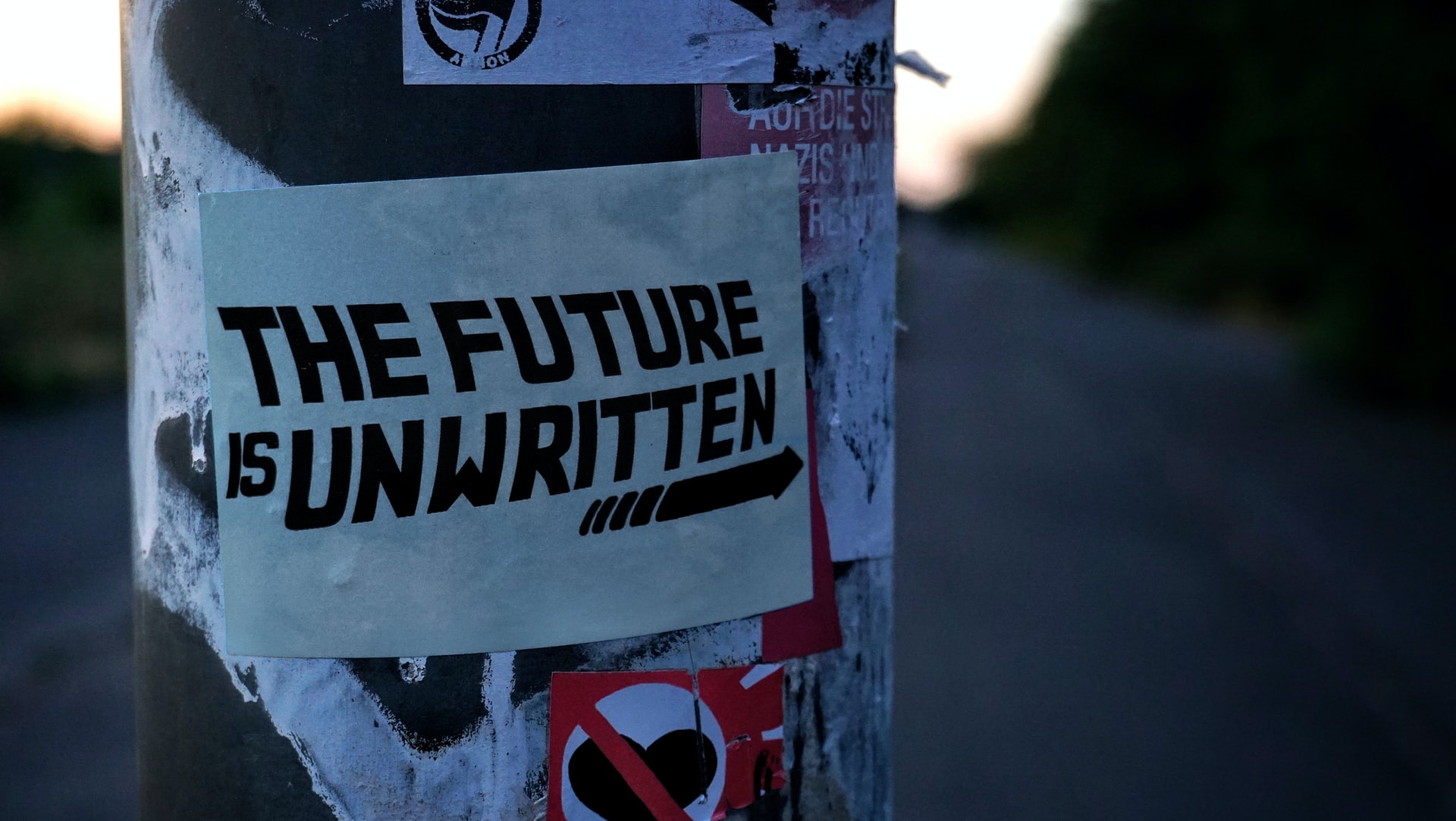Forget the doomsayers; 2022 might be the ride of our lives.
“I Predicted the Culture Wars Would End in 2021,” wrote Derek Robertson in Politico on the last day of the year. “Oops.”
Seldom has anyone been so wrong since one of the founders of Twitter uttered these immortal famous last words: “I thought once everyone could express themselves and exchange ideas freely, the world would automatically become a better place; I was wrong about that.”
Or the overwhelming consensus of scientists who swore, at the turn of the century, that the human genome would never be mapped during the lifetime of any person then living.
Not only was mankind on the cusp of doing just that, a whole new field of medical therapeutics, possibilities and ethical questions have now long since emerged and new “unreachable” horizons are in sight.
The problem with everyone’s crystal balls isn’t that they’re broken; it’s that they don’t exist. The complex, compounded and compounding issues that define modern human society defy even reasonable attempts to predict them.
For over 70,000 years, the greatest technological advancement of humankind was the hand axe. It was a stone, sharpened on one side. The hand axe gave rise to the arms race and look when that has landed us- thus far.
Who could have predicted sharpening a stone would lead to splitting the atom?
After the Agricultural Revolution, people started congregating together in larger and larger settlements, exchanging ideas more quickly. After the Industrial Revolution, things really started picking up.
Once the Information Superhighway came to town, however, all previous bets were off. Breakthroughs in science and technology aren’t just coming every 10,000 years or so anymore, or every 1,000 years, or every 100 years, or even every 10 years.
We are in a period of exponential advancement so profound, it is changing the world we live in real time, today; not at some future date.
Predicting how the culture wars might turn out, or how social media might change society; what mankind might or might no be able to do with our newfound technological wonders, is only possible if you assume that things will keep following the same trajectory they are on currently, that no new information or event will send them spinning off into the unknowable.
That may have once been a safe assumption, during endless ages mankind spent in subsistence farming and not much else. Today, it’s impossible. Things are changing too fast.
Futurists, for all they know, predict that as many as 70% of the jobs that currently exist in the U.S. today won’t exist in ten years. It might not even be the jobs we think.
China has just pioneered the world’s first AI legal prosecutor. Familiarized with the eight most common crimes committed in Shanghai, where the system is being tested, the AI can file charges and sentence convicted criminals.
AI may soon replace live-action actors in movies and on television. Already, advanced computers can generate a realistic human face indistinguishable from real ones.
Both of those shifts would prove a radical change in modern U.S. society. Think of it: Two highly-regarded professions, relegated to side-shows.
Scientists at NASA launched the world’s most powerful space telescope to great fanfare on Christmas Day. The James Webb Space Telescope is many orders of magnitude stronger than its ancient forebear, the Hubble Space Telescope which launched in 1990.
What we might find out about the origins of the universe when Webb starts transmitting could change the course of human society.
A perfectly-preserved dinosaur egg was discovered this year, complete with an unhatched baby dinosaur inside. The little guy had feathers. Forget those green or gray dinosaurs you saw in a school science textbook in the 3rd grade; some dinosaurs had feathers like a peacock.
2021 may have been the year the world finally turned on Facebook, er, Meta, and who could have predicted that?
While the doomsayers have their heyday, and news media shock jocks make idle, if ad-driven chat about a national divorce, no one knows what the next year might hold. Certainly no one warned us about COVID-19.
2022, for good or ill is upon us. It is, among other things, an election year.
It can’t hurt to start on an optimistic note.
(contributing writer, Brooke Bell)
